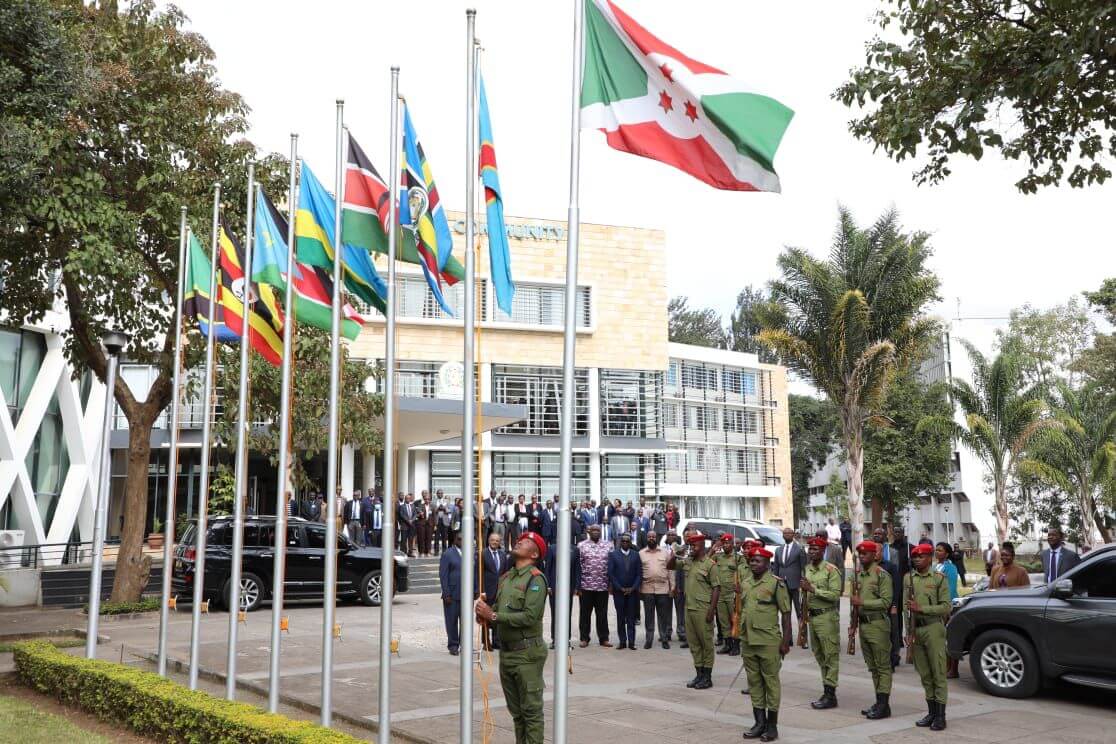It is unlikely that the Democratic Republic of Congo's presidential elections will result in a new head of state. This will be a crucial test of the resilience of the frail democracy searching for a pathway out of decades of instability and economic hardship.
This enormous country (the size of Western Europe and the second largest in Africa) has insurmountable logistical issues in organising even remotely democratic elections.
This presidential election is only the second after the 2018 democratic transition, when the current president, Felix Tshisekedi, took over from Joseph Kabila, who had been leading the country for 18 years.
President Tshisekedi has by far the best prospects in the current elections (around 50% support), according to polls just before the vote. The closest competitor, the former governor of Katanga province, Moïse Katumbi, has 28% support, while the remaining 16 candidates have even fewer prospects.
Denis Mukwege, the winner of the 2018 Nobel Peace Prize, is also in the running due to his activism regarding support for the victims of sexual violence, but his chances do not exceed 1-2%.
This means that President Tshisekedi is very close to a new mandate, given that the elections in Congo have only one round, and the winner will be whoever wins a simple majority of votes.
A logistical nightmare
These elections are a logistical nightmare for all participants, particularly for the opponents of President Tshisekedi and interested international observers, and create tensions due to reduced transparency and respect for the democratic procedure.
A population of about 100 million people, with only about 44 million registered voters, casts a shadow on the legitimacy of the political will to be expressed in the elections. Providing voting materials in remote, inaccessible rainforest areas is extremely difficult, and these locations lack adequate democratic oversight during voting.
There are no expectations that 75,000 polling stations will be able to complete the voting process on Wednesday, so there are plans in place for extended voting
In addition to the $1.2 billion the state has set aside for the elections, 10 aircraft and helicopters have been purchased to ensure that electoral materials reach remote locations on time.
Despite all this, there are no expectations that 75,000 polling stations will be able to complete the voting process on Wednesday, so there are plans in place for extended voting.
Opponents of the current president and independent observation missions have reservations about the regularity of the election process and believe that it is susceptible to manipulation. There are even greater reservations regarding the post-election period, which lasted too long in Congo in 2018. The chances are that such a situation will repeat itself, since the Electoral Commission will publish the results on December 31 without any previous reports.
Poverty and security - the biggest challenges
If the estimates are realised, and President Tshisekedi wins a new mandate, he will have 5 years of new legitimacy and a whole series of complex issues to solve, which have led Congo to suffer internal instability and a constant economic crisis.
The biggest challenge is the economy since Congo is the fifth poorest country in Africa. For the Congolese, it is an unsolvable paradox. This country is wealthy in raw materials. However, after long-term corrupt rule, its population standard has suffered.
Congo wishes to use its resources more wisely but has been unable to escape this situation. Chinese companies control as much as 80% of the exploitation of cobalt, a rare mineral with the largest reserves in Congo used to produce batteries.
 Kinshasa cancelled the regional security mission from the East African Community (EACFR) in early December. Its members will leave the east of the country by January 7
Kinshasa cancelled the regional security mission from the East African Community (EACFR) in early December. Its members will leave the east of the country by January 7
China has been investing heavily in exploiting Congo's significant mineral resources for years, even though US President Biden's administration has been trying to catch up and increase its economic presence in Congo and the region.
The US signed an agreement with Congo, Angola and Tanzania in collaboration with the EU and the Africa Development Bank last October to establish a rail corridor to stimulate regional economic growth.
President Tshisekedi's new mandate, if he is elected, will be marked by resolving the crucial security crisis in the country's east, rich in mineral resources but also devastated by long-term conflicts.
The government in Kinshasa has already cancelled any hospitality to both international security missions in the east. The UN mission (MONUSCO) will gradually withdraw by the end of next year.
Kinshasa cancelled the regional security mission from the East African Community (EACFR) in early December. Its members will leave the east of the country by January 7. The Congolese government is dissatisfied with their performance in protecting the local population in an area that has not experienced peace for the last 30 years.
However, President Tshisekedi's crucial risk and responsibility during the forthcoming mandate will be a vacuum that will develop, and that he will attempt to fill with government forces.